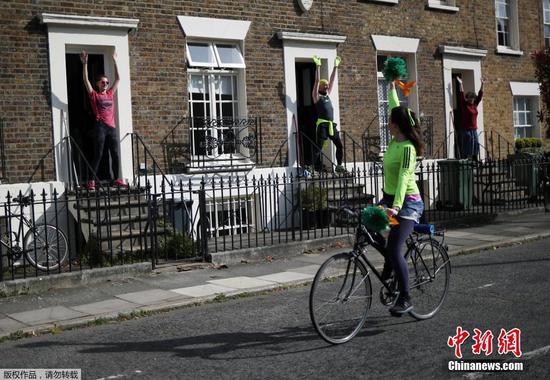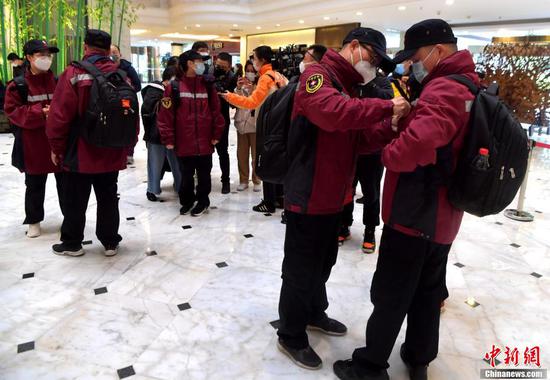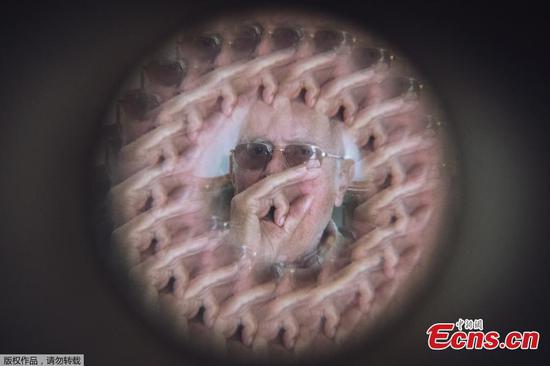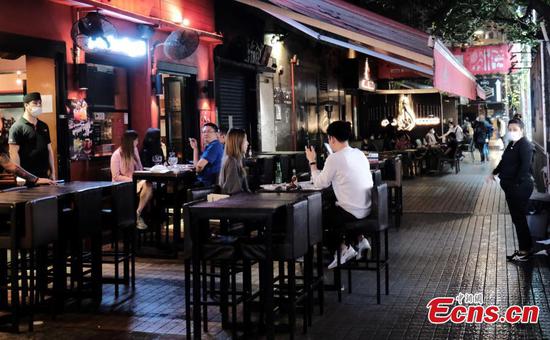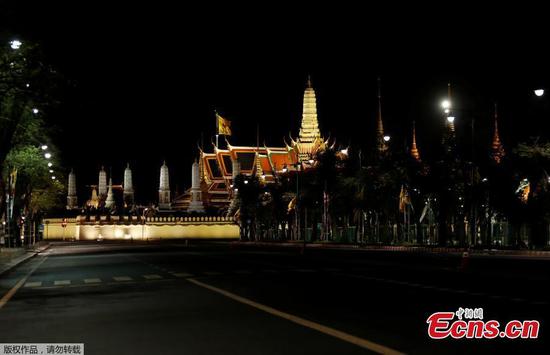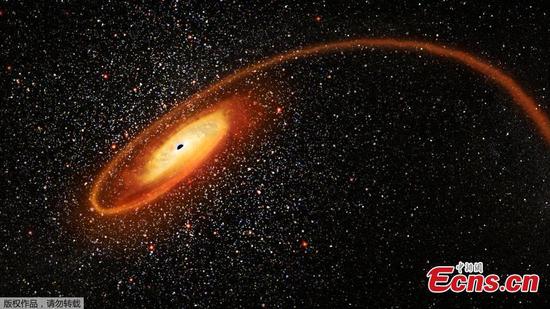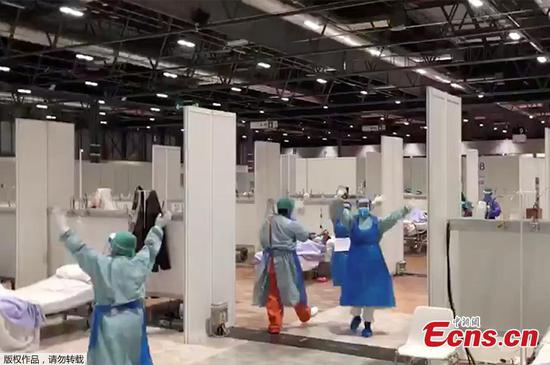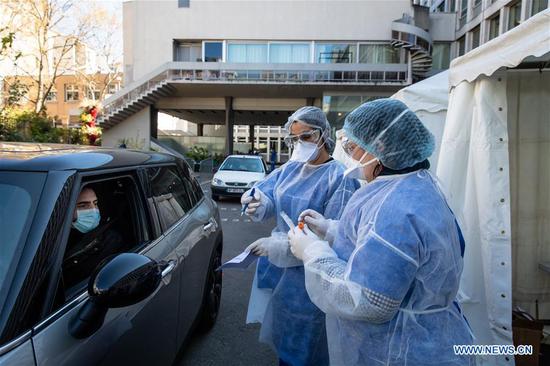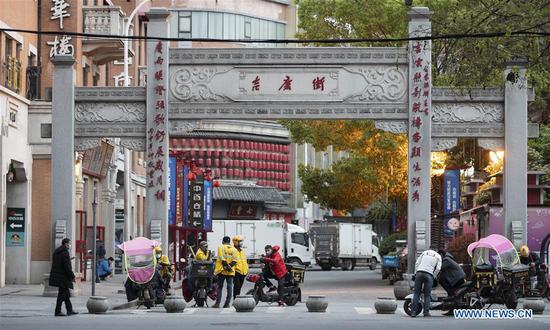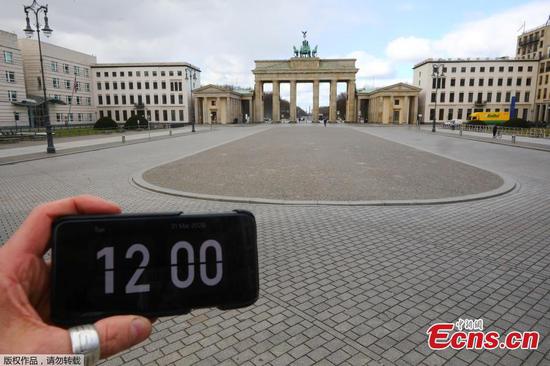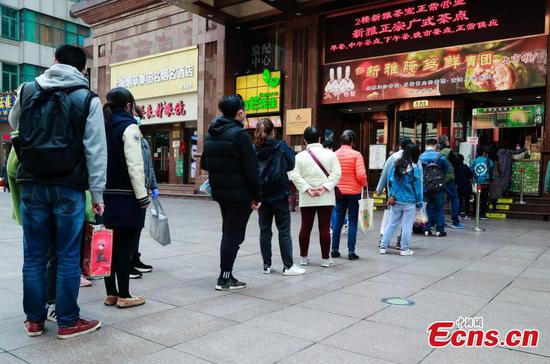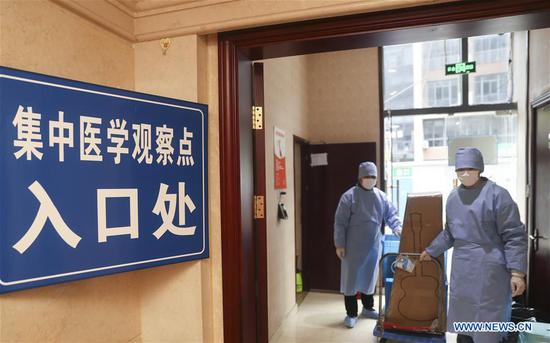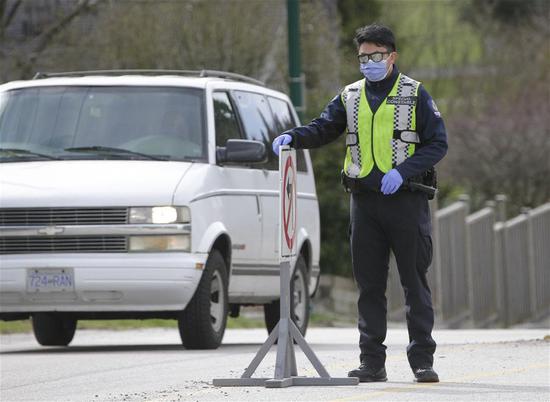China has been testing high-tech parachutes to control rocket debris and make space launches safer, according to the China Academy of Launch Vehicle Technology (CALT).
During the March 9 launch of a Long March-3B rocket carrying a satellite of the BeiDou Navigation Satellite System, a booster was equipped with parachutes and control devices.
After the booster separated from the rocket, the parachutes opened in a sequence to control its attitude and direction, and data of the fall trajectory and landing site were sent to ground control in Xichang, southwest China's Sichuan Province.
It shows China has achieved a breakthrough in the technology of precise positioning of rocket debris, said CALT.
It took just 25 minutes for staff to find the debris, compared to hours or up to a fortnight previously, CALT said.
China has more than 30 space launches annually in recent years, and the risk of rocket debris has aroused wide concern. Currently, residents in the fall areas are evacuated before each launch, which disrupts their lives and raises the costs and difficulties of launches.
CALT has been researching and developing grid fins and parachutes, aiming to narrow the range of the debris area by 85 percent.











